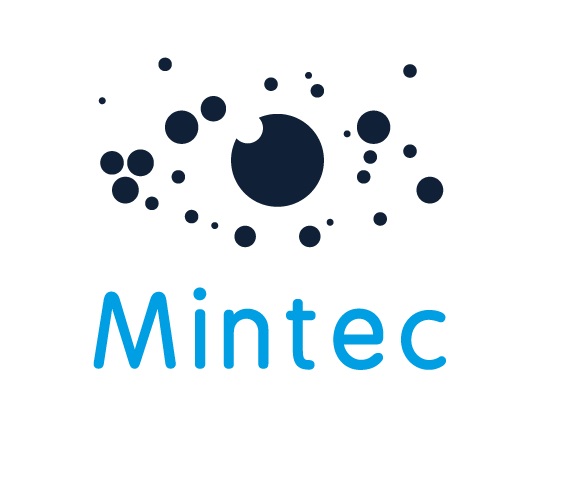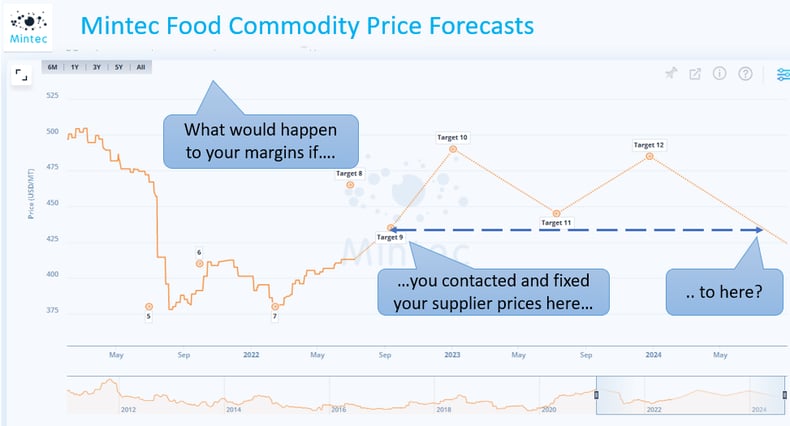How will price inflation affect ESG in 2023?
Aligning funds, procurement practices, and policy guard rails with Environmental, Social and Governance standards (ESG) has become increasingly important in recent years, and many aspects of ESG have even permeated regulatory changes. Since the beginning of the pandemic, a variety of social justice causes have gathered momentum and captivated the financial markets, as well as the attention of the public.
The simultaneous occurrence of these phenomena has propelled certain causes which were once eclipsed by strategies to expand and prioritise, such as climate change, into the consciousness of potential consumers and business leaders alike. In tandem to this shift in priorities, a suite of catalysts including conflict in Ukraine, climate change related weather events, and has contributed to record breaking rates of hyperinflation. This has generated a conundrum for business leaders: how does one approach the dual priorities of adherence to ESG guidelines and mitigating inflation?
The paradox of higher costs and reduced budgets
Naturally, inflation has pushed, and will continue to push, procurement costs up across the board. Thus far, we have seen rate increases across commodities such as energy, grain, meat, metals, plastics, and across the real estate sector meaning the price of premises could increasingly haemorrhage a business’ profits. To continue operations, procurement professionals are left with little choice but to absorb these rising costs in their supply chains, potentially passing them onto consumers who – incidentally - may feel reluctant to maintain their usual levels of spending. This could provoke a sharp depletion in profits.
Concurrently, budgets will be stretched thinly by this instance of inflation. Business’ may be forced to place financial controls on certain areas of spending to maintain growth. With regards to ESG, this could mean that business leaders are faced with tough choices. The inclination will be to cut costs wherever possible, but this may lead to ethics of spending decisions being side-lined as a result. For example, if a business’ operational framework requires a certain quota of grain procurement, it may be necessary to import grain from further afield than usual, incurring more air travel and, subsequently, higher carbon emissions. This example could be transposed onto the practice of procuring a variety of different commodities.
With inflation showing no signs of slowing, 2023 could present a raft of tough decisions akin to the example outlined above.
Labour shortages
Stringent immigration policies have catalysed a deficit in workers. Traditionally, migrant populations are often employed in industrial settings. However, ideological and political decision-making as a result of Brexit, a move to more socially conservative immigration policies, and moves to HECs becoming a less attractive prospect for potential immigrants who do not wish to enter a hostile environment have driven migrant work forces down in volume.
This has created problems for business leaders who, up until now, relied on migrant workforces to facilitate effective supply chains. This phenomenon may force businesses to increase wage offerings as an incentive to potential employees, driving up costs.
Moreover, a deficit in active worker populations has caused a similarly stark lack of labour availability. More people than ever are choosing to engage in digital-centred work, due to the appeal of working from home, and remotely. Furthermore, as more companies expand their digital presence, jobs centred around technology are becoming easier to source for unskilled and semi-skilled workers.
This has left a blank space for companies to fill, and as more people seek better paid employment to mitigate their spending throughout inflation, there could well be extra spending allocation for wages across the board in 2023 as the crisis continues. Fair pay forms an important aspect of ESG, so companies must balance profits with ethical management practices.
Climate change
Global warming has initiated a spate of freak weather incidents as of late. Flooding in Pakistan, the UK, Europe, and America is just one of a whole host of unexpected procurement obstacles business leaders have had to traverse this year. Harvests have been destroyed, channels of freight have been blocked, and workforces have been displaced because of these occurrences. Coupled with inflation, this has driven prices of goods up as commodities have become scarcer, and emergency aid has been deployed.
Due to the unprecedented nature of these events, it is impossible to predict what 2023 has in store on the climate change side. One thing we do know, though, thanks to scientific and meteorological research, is that these types of incidents will continue to occur, and business leaders must implement comprehensive contingency plans to prevent irreversible damage to their operations.
Part of adopting ESG friendly practices into a supply chain is risk scenario planning. The environmental component of this demands of business leaders to be up to date on climate developments to maximise profits through an inflationary economic environment, and keep workers’ livelihoods protected amidst crisis situations. As we move into 2023, it is going to be more important than ever to remain alert to possible climate developments, whilst ensuring that business leaders are doing all they can to mitigate their own carbon emissions so future crises are less extreme, and less frequent.
"The Mintec Forecast Service delivers comprehensive commodity prices, analysis and clear hedging recommendations that enables our company to make data-driven decisions."


.png?width=145&height=54&name=Mintec_Logo_Small_Use_Mono_RGB%20(2).png)
















